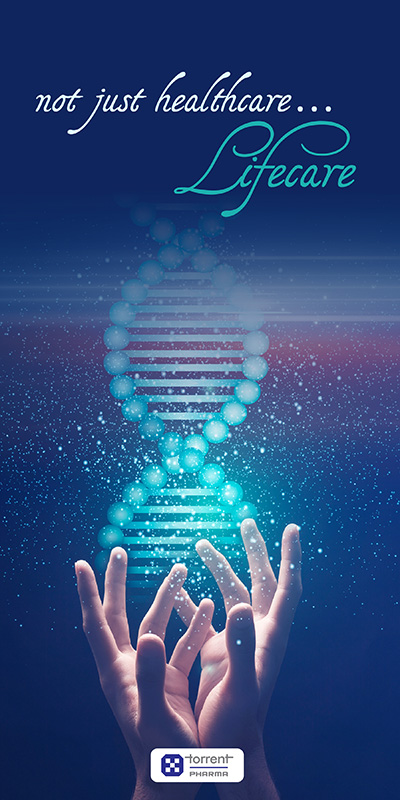Evaluation of oral dextrose gel for prevention of neonatal hypoglycemia (hPOD): A multicenter, double-blind randomized controlled trial

Neonatal hypoglycemia commonly occurs in babies and can cause brain injury. Buccal dextrose gel was found to be potent in the treatment of neonatal hypoglycemia. Additionally, when used for prevention may decrease the incidence of hypoglycemia in babies at risk. However, its clinical utility is unknown. The author Jane E. Harding and colleagues conducted a study under the title “Evaluation of oral dextrose gel for prevention of neonatal hypoglycemia (hPOD): A multicenter, double-blind randomized controlled trial”, published in PLOS Medicine. The summary of the study is given below:
Objective:
To evaluate whether prophylactic dextrose gel administered to babies at risk of neonatal hypoglycemia reduces admission to NICU
Method:
This is a multicenter, double-blinded, placebo-controlled randomized trial. It was conducted in 18 New Zealand and Australian maternity hospitals between January 2015 to May 2019. A total of 2,149 babies were included. Babies at risk of neonatal hypoglycemia (maternal diabetes, high or low birth weight, or late preterm) without symptoms for neonatal intensive care unit (NICU) admission were randomized to placebo gel or 0.5 ml/kg buccal 40% dextrose at 1 hour of age. The main outcome was NICU admission, with the strength to detect a 4% absolute reduction. Secondary outcomes included hypoglycemia, NICU admission for breastfeeding at discharge, hypoglycemia, hyperglycemia, formula feeding at 6 weeks, and maternal satisfaction.
Findings:
The study concludes that a single dose of 200 mg/kg prophylactic dextrose gel does not decrease NICU admission in babies at risk but it does reduce the incidence of hypoglycemia. On the other hand, the mechanism behind prophylactic dextrose gel reducing the incidence of hypoglycemia in babies born vaginally but not in those born by cesarean section remains unclear. Prophylaxis appears to be safe and cost-effective, hence practitioners and clinical guidelines should review its introduction into clinical practice. The major reason for screening and treatment of neonatal hypoglycemia is to prevent brain injury. Investigators found that the use of dextrose gel to prevent hypoglycemia may improve some aspects of development at 2 years of age.
Limitation:
Authors acknowledge a limitation that some families appear to have become aware of group allocation, as more parents whose babies were randomized to dextrose gel correctly guessed the contents of the gel and since the dextrose gel tastes sweet, parents may have identified the gel by tasting it directly or on their babies, e.g., by kissing them.
Image Credit : People photo created by yanalya – www.freepik.com






